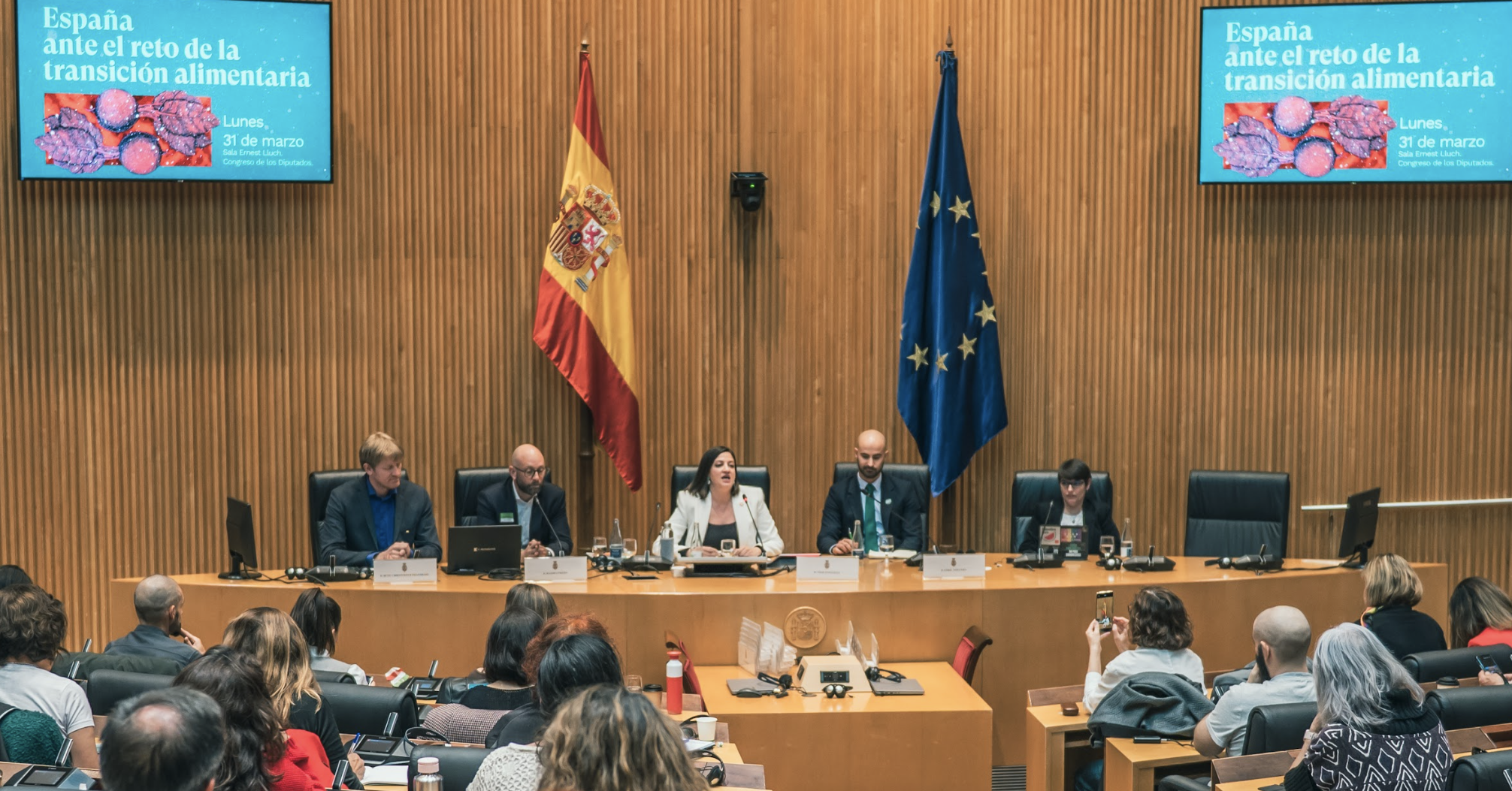In the last months of 2024, EligeVeg—Mercy For Animals’ innovative plant-based program, worked with Liverpool, a department store chain in Mexico with 97 locations nationwide, to include plant-based options in their food service that includes restaurants and food courts. This partnership goal was to add vegan options to its first culinary festival of the year called “New Resolutions”.
With recipes and recommendations, we supported the chefs in the process of replacing eggs in their pancake recipe which will be offered as part of their "New Resolutions" gastronomic festival, making the vegan option the default. Also, for this “New Resolutions” festival menu, the popular Mexican dish “enchiladas”, which are usually served with meat/chicken and sour cream, will be offered as a plant-based dish. Besides veganizing these 2 dishes, recommendations to swap animal-based ingredients resulted in another 2 vegan dishes: a hummus toast (which had cheese on it but can be served with tofu) and a tomato ceviche. As part of the program’s consultancy, the team offered advice on nudging strategies and best marketing practices to name and describe the vegan dishes.
You can read more in our blog post and, if you feel like it, congratulate @liverpool_mexico by tagging them in this IG post.
Scale: The vegan options will be available in 97 locations nationwide.
Timeline: We started conversations in November 2024, although our relationship with this company has been ongoing since 2021.
In our first call we:
- Offered to work on recipe reformulation to remove eggs from their pancake recipe.
- Suggested nudging strategies in their menu to favour vegan options.
On follow-up emails we:
- Advised on menu design and descriptions used for the vegan dishes.
- Confirmed that pancake recipe reformulation was feasible for their operations.
Who: Mercy for Animals through its EligeVeg consultancy programme.
Successful tactics: we had a friendly and collaborative approach with their culinary team. We have nurtured this relationship since 2021 and have offered our support throughout the last years in other plant-based launches they have had in the past.
Scalability: We will continue conversations to secure more vegan options in both their permanent menu and future food festivals.
Follow-up: We will offer a plant-based cooking workshop for their staff to expand their creativity and make them more comfortable with plant-based cooking.



